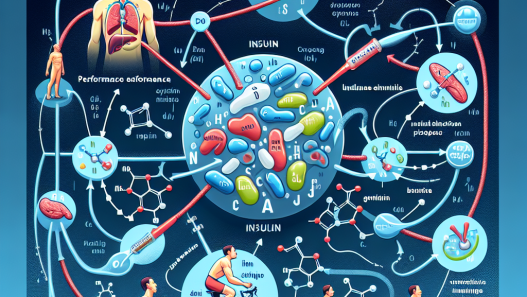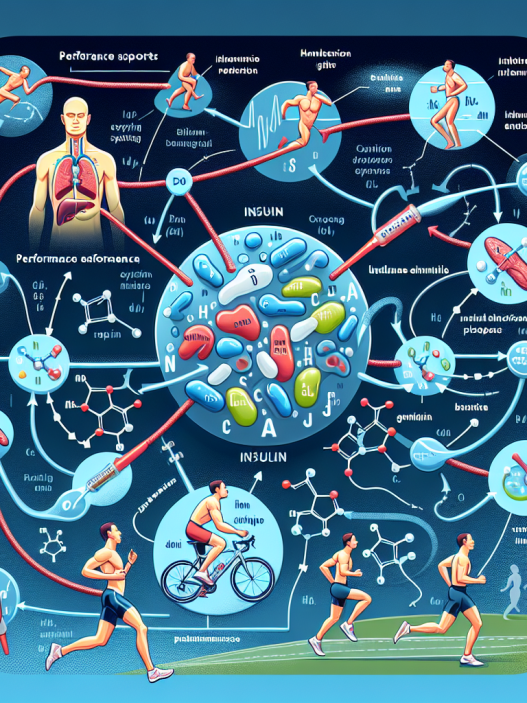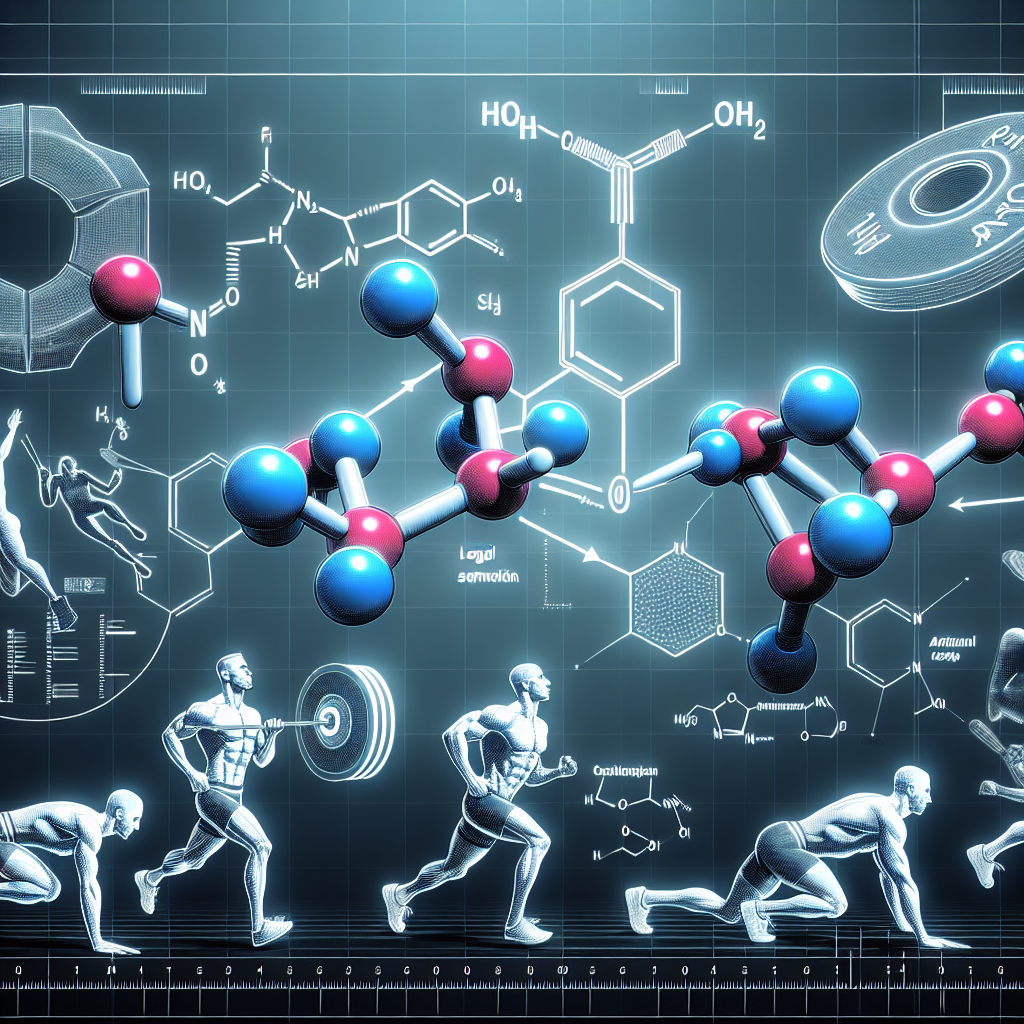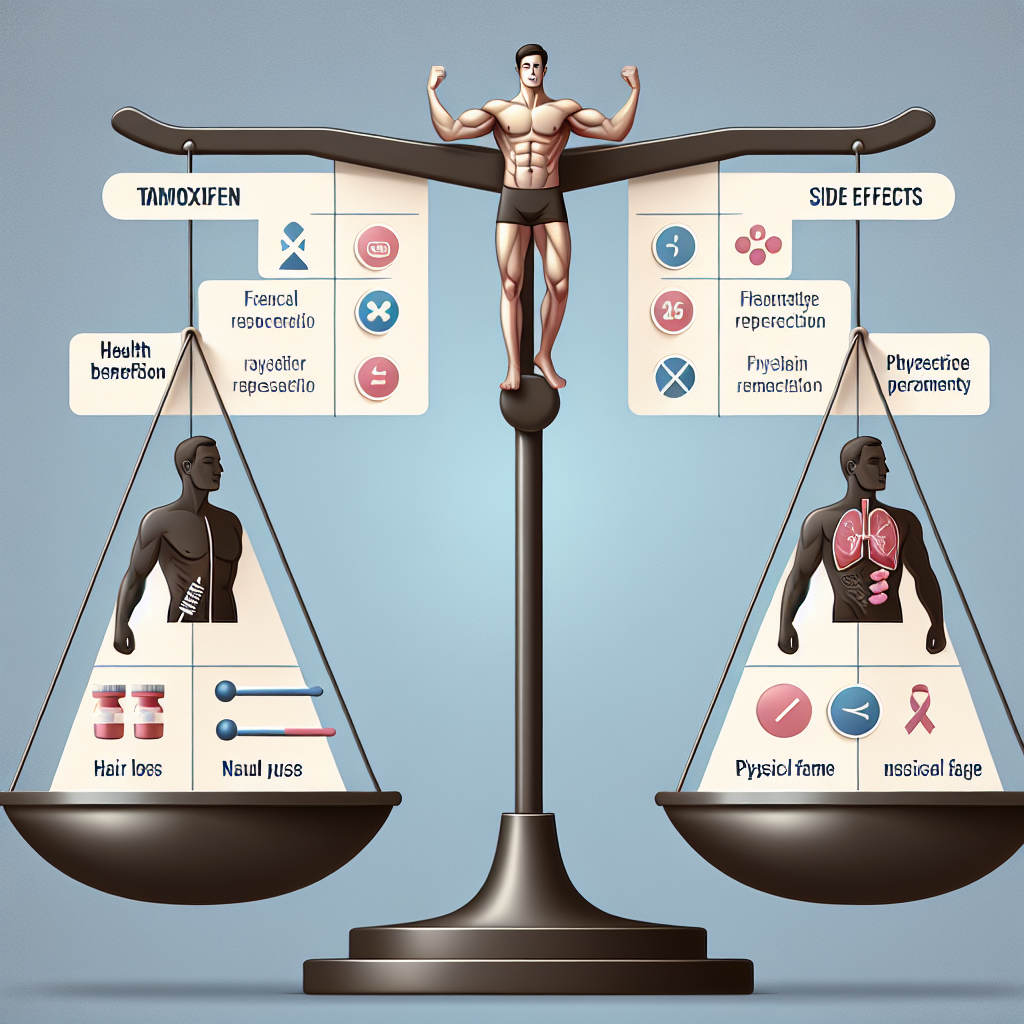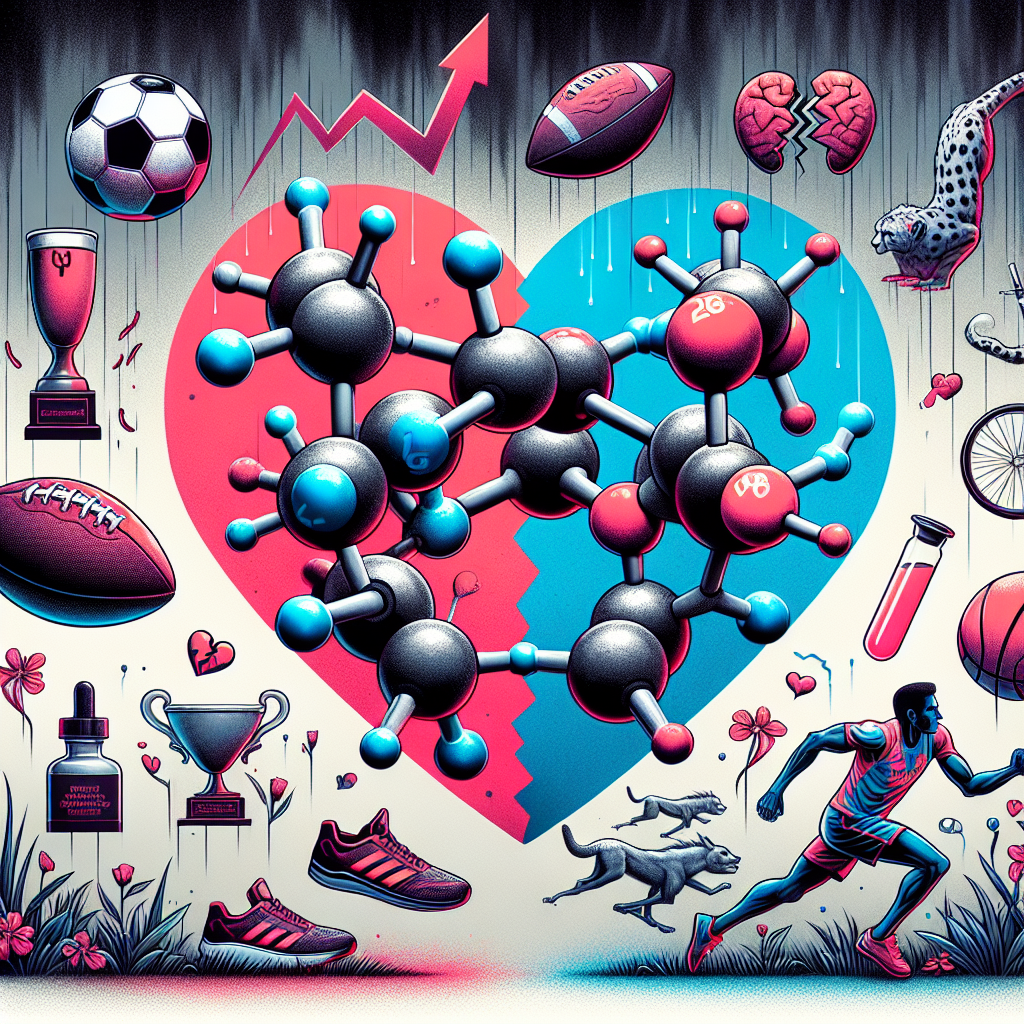-
Table of Contents
The Effects of Insulin on Energy Metabolism in Sports
Insulin is a hormone that plays a crucial role in regulating energy metabolism in the body. It is primarily known for its role in glucose metabolism, but it also has significant effects on lipid and protein metabolism. In the world of sports, insulin has gained attention for its potential performance-enhancing effects. However, its use in sports is highly controversial and regulated due to its potential for abuse and adverse health effects. In this article, we will explore the effects of insulin on energy metabolism in sports and its potential benefits and risks.
Insulin and Glucose Metabolism
Insulin is produced by the beta cells of the pancreas and is released in response to elevated blood glucose levels. Its primary function is to facilitate the uptake of glucose into cells, where it can be used for energy or stored as glycogen. In sports, this can be beneficial for athletes as it can help replenish glycogen stores and provide a quick source of energy during intense physical activity.
Studies have shown that insulin can improve glucose uptake and utilization in skeletal muscle, leading to increased endurance and performance (Broussard et al. 2016). This is especially beneficial for endurance athletes who require sustained energy during long periods of physical activity. Insulin also has an anabolic effect, promoting muscle growth and repair, which can be advantageous for strength and power athletes.
Insulin and Lipid Metabolism
Insulin also plays a significant role in lipid metabolism. It promotes the storage of fatty acids in adipose tissue and inhibits the breakdown of stored fats. This can be beneficial for athletes who need to maintain a lean body composition for optimal performance. However, excessive insulin use can lead to fat accumulation, which can have negative effects on athletic performance and overall health.
Research has also shown that insulin can increase the uptake of fatty acids into muscle cells, where they can be used as an energy source during exercise (Broussard et al. 2016). This can be particularly beneficial for endurance athletes who require sustained energy during long periods of physical activity. However, it is essential to note that excessive insulin use can lead to insulin resistance, which can impair lipid metabolism and lead to weight gain and other health issues.
Insulin and Protein Metabolism
Insulin also has a significant impact on protein metabolism. It promotes protein synthesis and inhibits protein breakdown, leading to increased muscle growth and repair. This can be beneficial for athletes who need to maintain or increase muscle mass for optimal performance. However, excessive insulin use can lead to muscle wasting and other adverse effects on protein metabolism.
Studies have shown that insulin can enhance the anabolic effects of other hormones, such as growth hormone and testosterone, leading to increased muscle growth and strength (Broussard et al. 2016). This can be particularly beneficial for strength and power athletes. However, it is crucial to note that excessive insulin use can lead to insulin resistance, which can impair protein metabolism and lead to muscle wasting and other health issues.
Benefits and Risks of Insulin Use in Sports
The potential benefits of insulin use in sports are clear – it can improve glucose uptake and utilization, promote muscle growth and repair, and enhance the effects of other anabolic hormones. However, its use in sports is highly controversial and regulated due to its potential for abuse and adverse health effects.
One of the main risks of insulin use in sports is hypoglycemia, a condition where blood glucose levels drop too low. This can lead to dizziness, confusion, and even loss of consciousness, which can be dangerous during physical activity. Insulin use can also lead to insulin resistance, which can impair glucose, lipid, and protein metabolism and lead to weight gain, diabetes, and other health issues.
Furthermore, insulin use in sports is often associated with the use of other performance-enhancing drugs, such as anabolic steroids. This can lead to a dangerous combination of drugs that can have severe adverse effects on an athlete’s health. Additionally, the use of insulin without proper medical supervision can lead to incorrect dosing and administration, which can have serious consequences.
Expert Opinion
While insulin may have potential benefits for athletes, its use in sports is highly controversial and regulated for a reason. The risks associated with insulin use, such as hypoglycemia and insulin resistance, can have severe consequences on an athlete’s health and performance. Therefore, it is crucial for athletes to understand the potential risks and consult with a medical professional before considering the use of insulin in sports.
References
Broussard, J. L., Devkota, S., & Jaeger, C. (2016). Insulin, glucagon-like peptide-1, glucose-dependent insulinotropic polypeptide, and glucagon: Role in glucose and energy homeostasis and disease. In Endotext [Internet]. MDText.com, Inc.
Johnson, M. D., & Broussard, J. L. (2021). Insulin. In StatPearls [Internet]. StatPearls Publishing.
McArdle, W. D., Katch, F. I., & Katch, V. L. (2015). Exercise physiology: Nutrition, energy, and human performance. Lippincott Williams & Wilkins.
Wolfe, R. R. (2017). Metabolic interactions between glucose and fatty acids in humans. American Journal of Clinical Nutrition, 105(1), 45-56.





